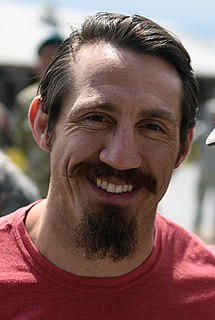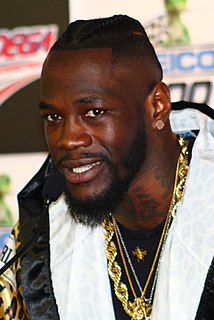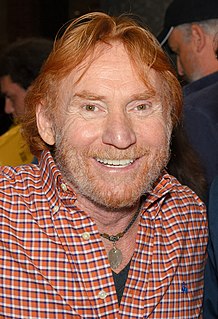A Quote by Roger Hilsman
My idea was that the role of the special forces were to train Vietnamese to behave as guerrillas, harassing the supply lines down through the mountains of the, ah, the Viet Cong. And the special American special forces were to train their special forces to do that.
Related Quotes
You bomb ISIL. You're not trying to bomb innocent people. And that requires intelligence and confidence in our military to be able to develop the kinds of targets that we need. We're already doing Special Forces, who are going to help us gather that intelligence and help advise and assist and train local forces so that they can go after ISIL in areas like Raqqah and Mosul.
I don't have to build up strength; I have been blessed with it. I do lift weights and train hard, but I am a very special individual - a very special man with very special talent and very special power. I can get any man - any man - out of there in a matter of seconds. That is the thing I love about myself.
In times of uncertainty there is a special breed of warrior ready to answer our Nation’s call; a common man with uncommon desire to succeed. Forged by adversity, he stands alongside America’s finest special operations forces to serve his country and the American people, and to protect their way of life. I am that man.
The general's staff is a handpicked collection of killers, spies, geniuses, patriots, political operators and outright maniacs. There's a former head of British Special Forces, two Navy Seals, an Afghan Special Forces commando, a lawyer, two fighter pilots and at least two dozen combat veterans and counterinsurgency experts. They jokingly refer to themselves as Team America, taking the name from the South Park-esque sendup of military cluelessness, and they pride themselves on their can-do attitude and their disdain for authority.
When I visited Syrian special forces along the front lines, I was given extraordinary amounts of detail. They gave me the code numbers for the various positions they've got, told me where the rebels were - about 800 meters away in a forest. I met soldiers who had been wounded but were still serving.
































